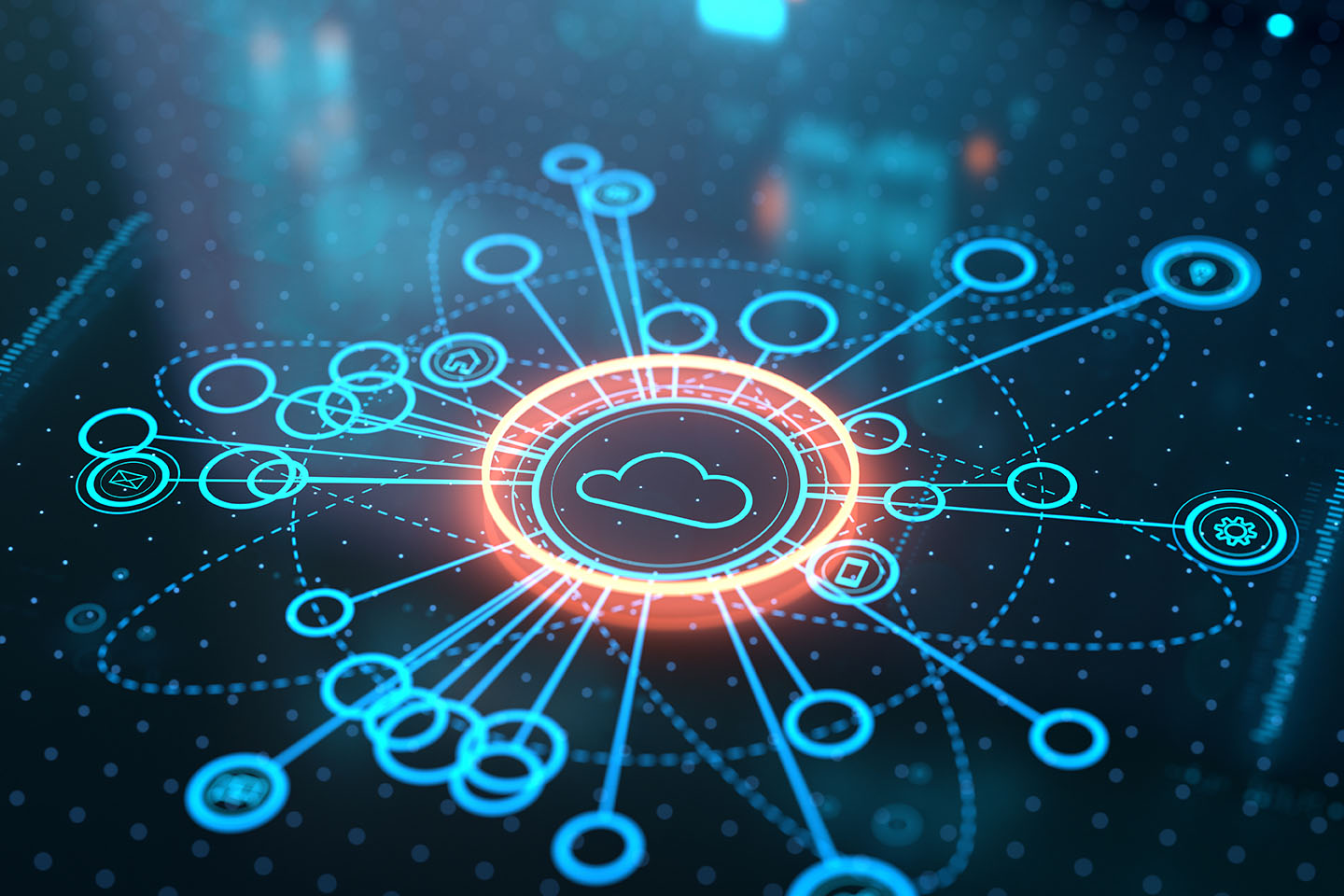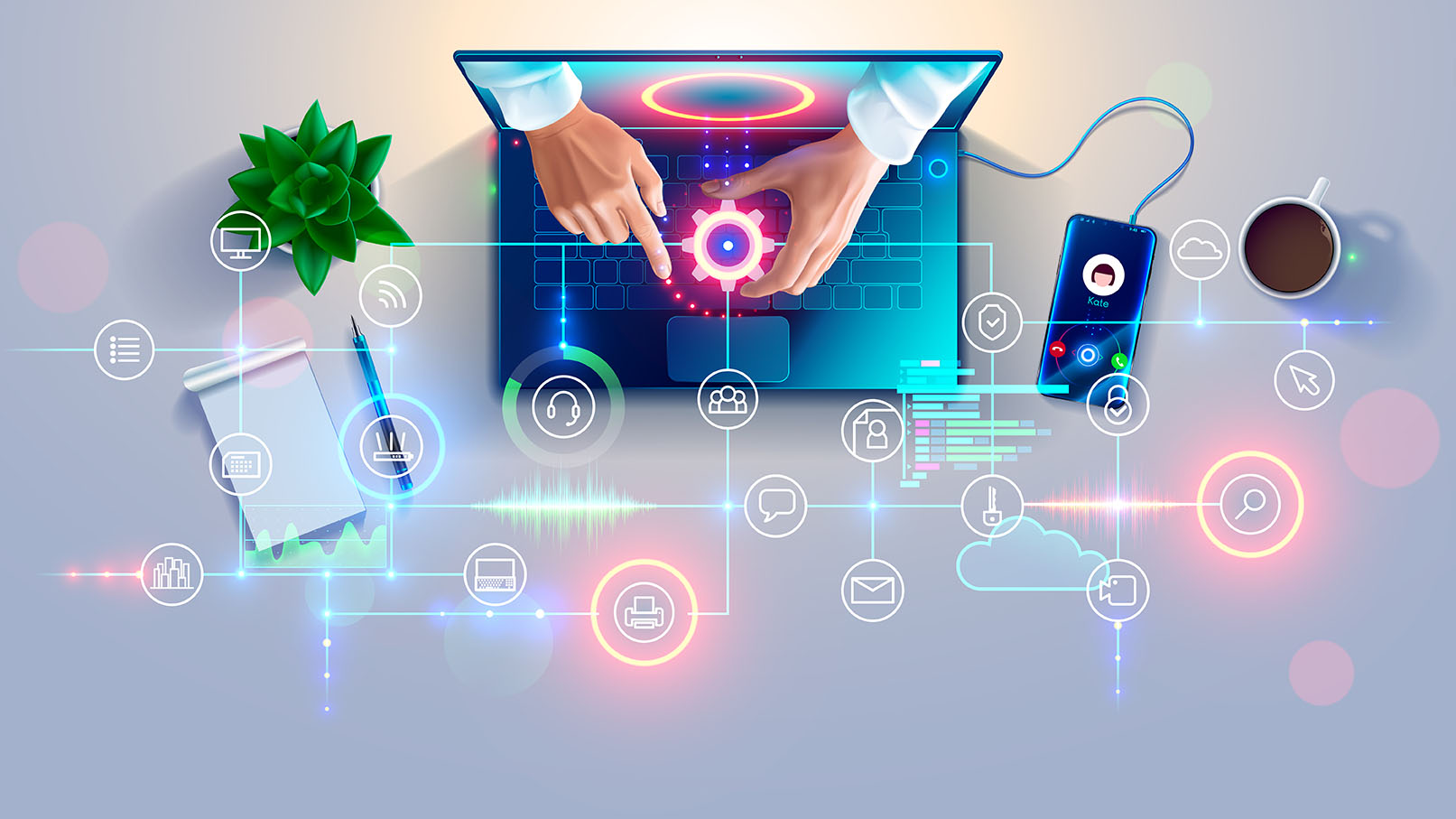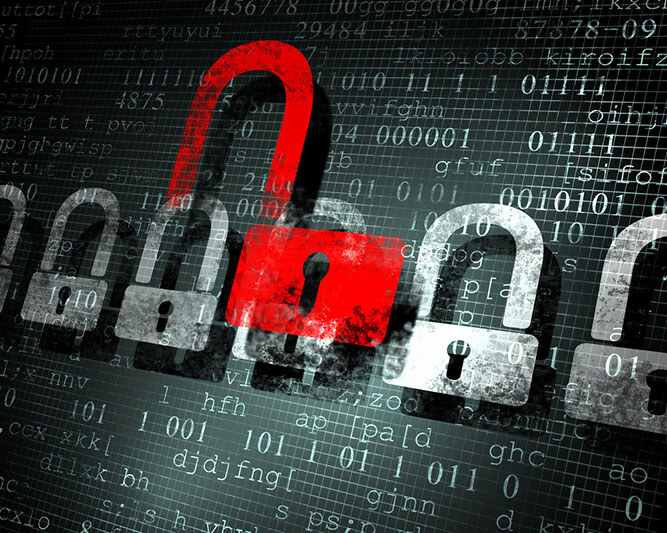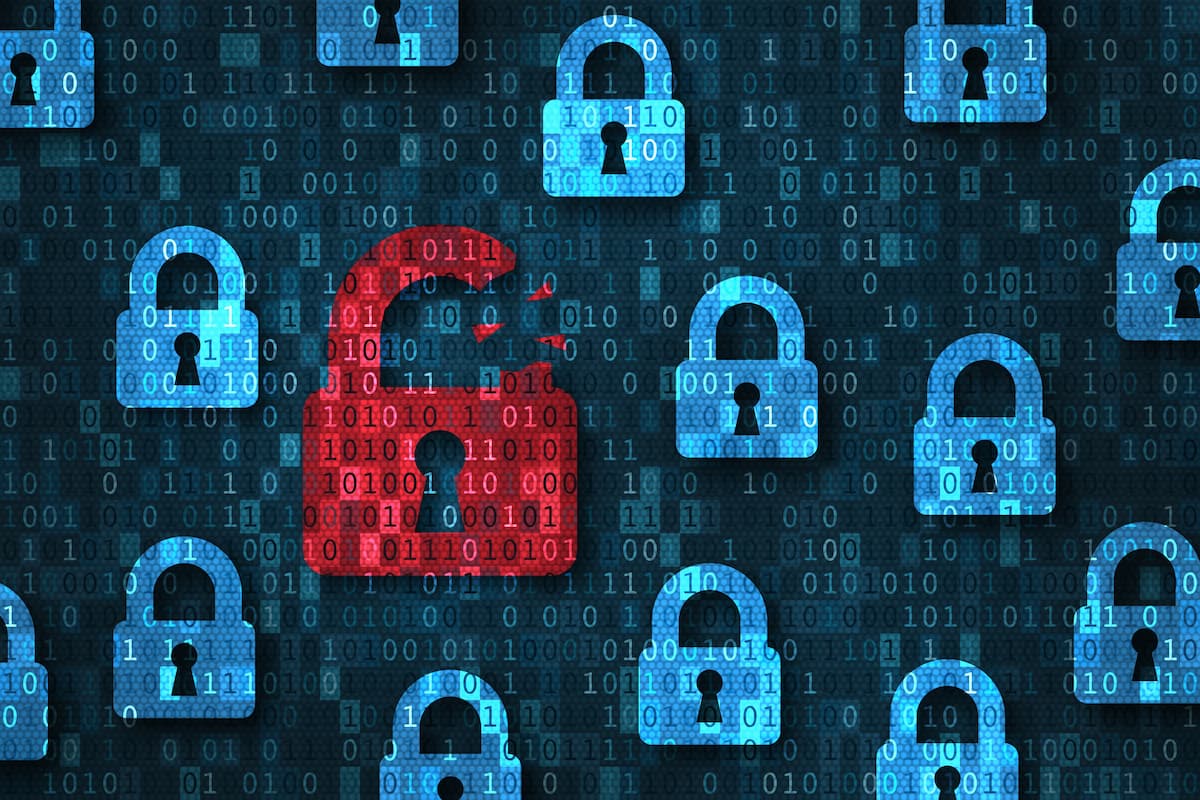In today’s increasingly competitive legal environment, it is more important than ever for law firms to approach their IT as a strategic investment rather than a cost of doing business. By teaming up with a solutions-driven IT partner and involving the IT professionals in your law firm’s strategic planning process, you can develop IT infrastructure and applications that support your firm’s long-term operational needs and business goals. Law firms who invest strategically in IT can gain a competitive advantage over other firms when vying for both clients and top talent.











